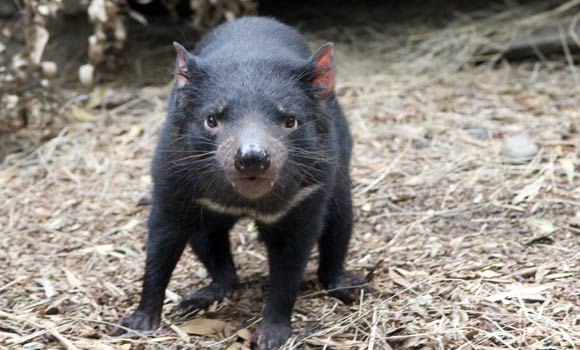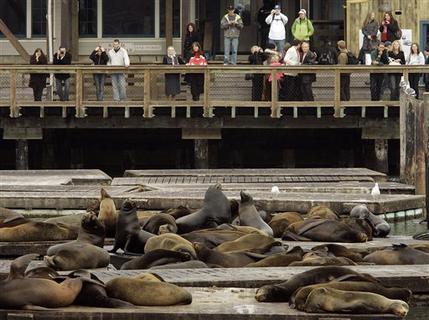
A genetic analysis of tumors from Tasmanian devils widely separated geographically shows that all the tumors are virtually identical and distinct from the animals' own genomes, researchers in the United States and Australia reported in the journal Science. The tumors probably arose from Schwann cells, which normally play a role in protecting and cushioning nerves.
The analysis provides clues to a way to diagnose the disease early and represents a major step toward the development of a vaccine that could protect the remaining animals in the wild, said biologist Elizabeth P. Murchison of the Cold Spring Harbor Laboratory in Cold Spring Harbor, N.Y., and the Australian National University in Canberra, lead author of the paper.








